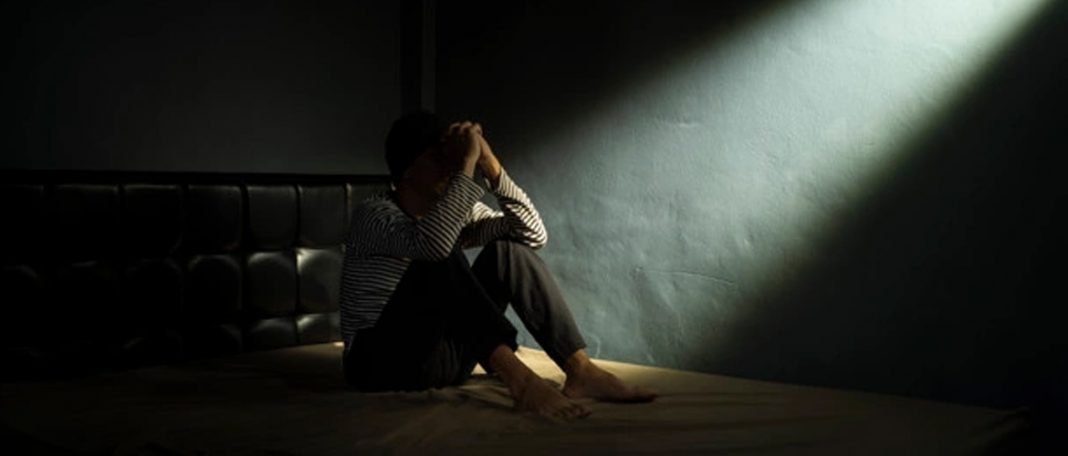Depression and anxiety are increasing in the nation. Seven months into coronavirus, the country is facing several health crises including an increase in suicide rate of young Americans. Federal agencies and experts warn that mental-health problems such as depression, post-traumatic stress disorder, substance abuse, and suicide are approaching.
Oxford America, an international journal of medicine published a journal The impact of the COVID-19 pandemic on suicide rates which states, “Multiple lines of evidence indicate that the coronavirus disease 2019 (COVID-19) pandemic has profound psychological and social effects. The psychological sequelae of the pandemic will probably persist for months and years to come.” wrote further, “Studies indicate that the COVID-19 pandemic is associated with distress, anxiety, fear of contagion, depression, and insomnia in the general population and among healthcare professionals.”
Dr. Sandro Galea, of the Boston University School of Public Health, and his colleagues had mentioned in an April article in JAMA Internal Medicine that “The worldwide COVID-19 pandemic, and efforts to contain it, represent a unique threat, and we must recognize the pandemic that will quickly follow it — that of mental and behavioral illness — and implement the steps needed to mitigate it.”
Suicides Are on the Rise among Young Americans
Some researchers suggest that there are racial inequalities in youth suicidal behavior. They think of commit suicide because some kids lack access to important resources.
Oliver Morris, operations commander for the Los Alamos Police Department stated that “One of our suicides we had just barely missed.” He had conducted numerous checks as an officer for around 17 years. Los Alamos saw has seen an increase in suicide rate during the Covid-19, when it is compared to the last 2 years it has been increased to triple this year. Suicide isn’t stopped in that community. Illinois, Cook County, Fresno, and California are among those who are reporting similar spikes.
Suicide rates were increasing over the past two decades combined with the present pandemic are a “perfect storm,” discovered a study published in April in the Journal of the American Medical Association. Economic stress, reduced access to religious services, overall national anxiety, social isolation, increased firearm sales, and increases in health care are the main factors for suicidal mortality rates.
American Psychiatric Association President Jeffrey Geller described that “We have people now who don’t know how to feed their family who have not had that thought for a very long time. That’s different than the last recession.” Further added, “There are masses of people who are quite worried today because they don’t know what is going to happen to their benefits. That kind of anxiety exacerbates fragility.”
The suicides of two New York health-care workers lead to face risks, particularly to those people who are combating against Covid-19.
Paul Gionfriddo, president of the advocacy group Mental Health America warns that “If we don’t do something about it now, people are going to be suffering from these mental-health impacts for years to come.”
Health care providers, front-line workers, grocery store workers, and delivery people are particularly vulnerable to these mental health problems. Flavia Nobay, an emergency room doctor said that “We’re used to dealing with sick people and seeing terrible things, but what’s devastating with covid is the sheer volume. It’s like drinking from a poisonous fire hydrant.”
They should conduct traditional and social media campaigns to promote mental health and also reduce depression because activity outreach is essential especially for those with a history of psychiatric disorders, older adults, and COVID-19survivors.
















